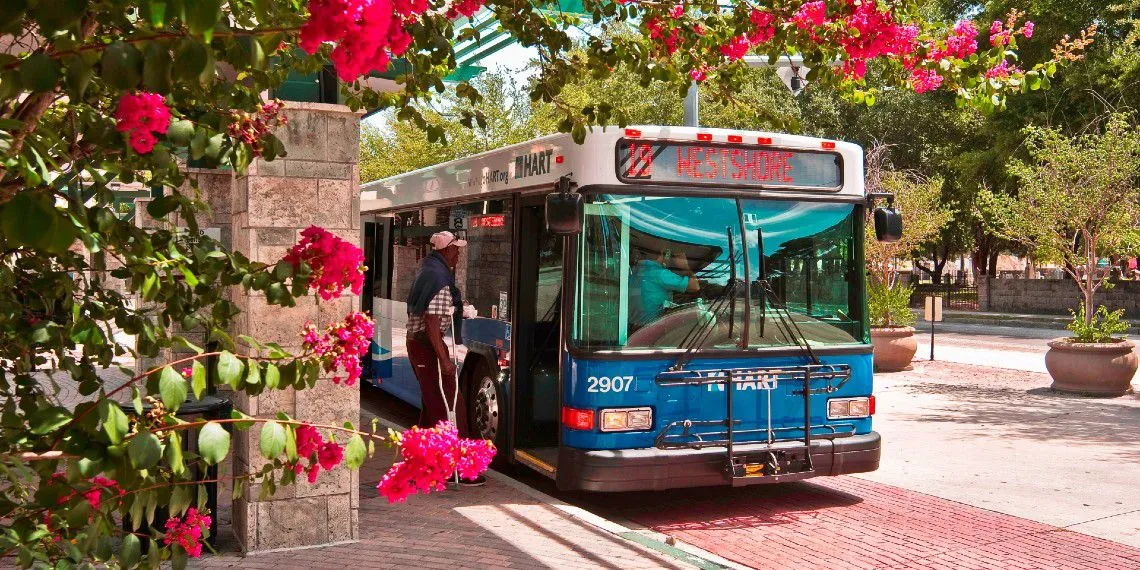The latest version of Cubic Transportation’s Cubic Payment Application (CPA 3.0) has been successfully validated according to PA-DSS v2.0 by the PCI Security Standards Council, and is listed as acceptable for new deployments on the Payment Card Industry Data Security Standards (PCI-DSS) website. CPA 3.0 is designed to provide optimum performance for securely processing legacy closed-loop payments, such as agency issued transit smartcards, as well as emerging forms of payment including bank-issued contactles
June 11, 2013
Read time: 2 mins
The latest version of 378 Cubic Transportation’s Cubic Payment Application (CPA 3.0) has been successfully validated according to PA-DSS v2.0 by the PCI Security Standards Council, and is listed as acceptable for new deployments on the Payment Card Industry Data Security Standards (PCI-DSS) website.
CPA 3.0 is designed to provide optimum performance for securely processing legacy closed-loop payments, such as agency issued transit smartcards, as well as emerging forms of payment including bank-issued contactless cards, mobile and EMV payments.
Key features of CPA 3.0 include support for: account-based payments, as processed by Cubic’s NextAccount; European and North American adoption of global EMV payments standards; emerging transit-specific transaction authorisation and processing policies; and concurrent connections to multiple acquirers.
Previous versions of CPA, including CPA 2.0101, have also been certified as a validated payment application.
“Today, merchants accepting credit and debit cards are required by their acquiring banks to comply with PCI DSS,” said Janet Koenig, Cubic Transportation Systems’ director of Central Systems. “CPA 3.0, an integral component of our NextCity suite, provides a secure payment gateway directly to merchant acquiring banks or other financial institutions. PA-DSS certification of CPA helps transport operators and authorities to achieve PCI DSS certification by providing one less step for them to worry about.”
CPA 3.0 is designed to provide optimum performance for securely processing legacy closed-loop payments, such as agency issued transit smartcards, as well as emerging forms of payment including bank-issued contactless cards, mobile and EMV payments.
Key features of CPA 3.0 include support for: account-based payments, as processed by Cubic’s NextAccount; European and North American adoption of global EMV payments standards; emerging transit-specific transaction authorisation and processing policies; and concurrent connections to multiple acquirers.
Previous versions of CPA, including CPA 2.0101, have also been certified as a validated payment application.
“Today, merchants accepting credit and debit cards are required by their acquiring banks to comply with PCI DSS,” said Janet Koenig, Cubic Transportation Systems’ director of Central Systems. “CPA 3.0, an integral component of our NextCity suite, provides a secure payment gateway directly to merchant acquiring banks or other financial institutions. PA-DSS certification of CPA helps transport operators and authorities to achieve PCI DSS certification by providing one less step for them to worry about.”









